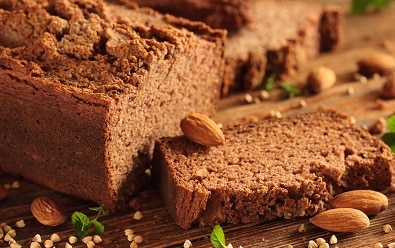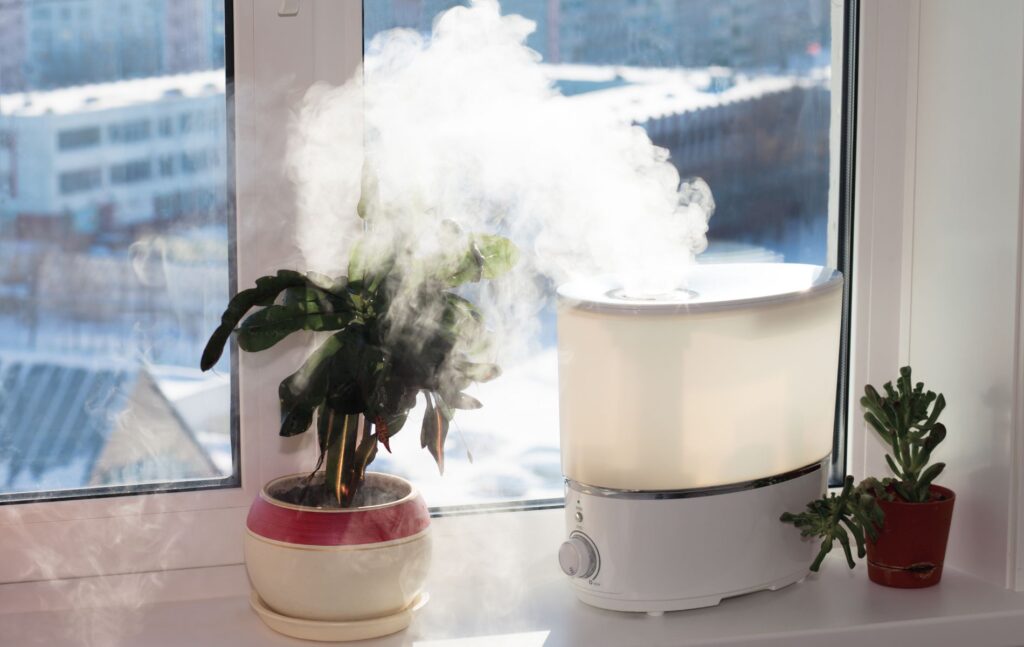
Ever wondered about what is the relation between gluten and snoring? Does gluten encourage or discourage snoring? Well, I did wonder about that and did some research. The answer I came up with was quite shocking! Let’s get down to it:
Gluten consumption can encourage snoring. However, this is not applicable to everybody. Only people with celiac disease are prone to suffer from snoring due to gluten intake.
What Is A Celiac Disease?
Celiac disease is a type of autoimmune disease that roughly means intolerance to gluten. Adults are specially more likely to be diagnosed with celiac disease these days.
People with celiac disease suffer from a reaction whenever they consume gluten. The reaction is mainly physical. It can be a significant increase in bowel movements, stomach aches and various other types of gastrointestinal issues.
Also, researchers have recently found that, people with celiac disease can also suffer from various sleep-related issues, mainly obstructive sleep apnea.
Obstructive sleep apnea is a medical condition when your breathings stops and starts while you are asleep. These interruptions in breathing can happen due to a number of factors. The interruptions can last for 10-20 seconds and can happen hundreds of times throughout a single night. Obstructive sleep apnea can really turn out to be deadly if not treated at the early stages.
How are Gluten and Snoring Related?
After conducting many studies, researchers have found many links between celiac disease and sleep apnea such as:
- When someone with celiac disease consumes gluten, he goes through an allergic reaction. The allergic reaction can result in enlarged glands such as enlarged tonsils or adenoids. These enlarged glands are partially responsible for obstruction of the airflow through airways. As a result, snoring occurs and sleep apnea can be a result of that too!
- There is another way celiac disease and sleep apnea is related. The relation is through the stomach. It has been seen that consuming gluten can result in heartburn and acid reflux to people with celiac disease. These conditions make the stomach acid float up which results in harming of the lining. If the issue occurs regularly, this will eventually start to have a negative impact on the bronchial tissues. All of this eventually leads to sleep apnea and snoring.
- Lastly, celiac disease has some other symptoms that match with the symptoms of sleep apnea, such as: depression, fatigue, anxiety, mood swing, etc. All these mental instabilities can lead to more severe sleep apnea and snoring.
- Consumption of carbs leads to being overweight and obesity. So, regular consumption of unhealthy carbs is bad for your health. Also, obesity is one of the major reasons for snoring these days. Thus, gluten can be responsible for snoring in an indirect manner.
List Of Foods That Are Gluten Free
Here is a list of grains that are naturally free of gluten. You can consume these without any worry if you are suffering from the celiac disease:
- Millet
- Quinoa
- Beans
- Sorghum
- Potato
- Soy
- Tapioca
- Cassava
- Rice
- Soy
- Maize Corn
- Yucca
- Nut Flour
- Chia
- Flax
- Teff
- Arrowroot
- Amaranth
- Groats of Buckwheat, aka kasha
Alternatives To Gluten-Rich Foods:
Most of the food that we consume in our day to day life contains gluten. But let’s not get sad yet. Most of these gluten free products come with alternatives that are completely or partially gluten-free. It is great news for people with celiac disease.
Also, these days many manufacturers produce products that are gluten-free. So, you can buy these from the supermarket. But be aware of the labelling. Some products are labeled as wheat-free which doesn’t necessarily mean that they are gluten-free.
Here are some gluten-free alternatives to some of the most popular foods items:
Cereal:
Cereals is a part and parcel for most of us in the morning. Many people can’t even think of starting their day without a bowl of cereal. Unfortunately, most of the cereals are not gluten-free which puts people with celiac disease in a bad place. But the good thing is, not all of the cereals have gluten.
So, you’ll need to look for the ones that are labeled as gluten-free. In most supermarkets, you’ll easily find such cereals. However, if you want to be doubly sure, check the labels for the ingredients.
Some cereals, especially the ones made with puffed rice and cornflakes may contain malt extract or flavour which contains gluten.
Oats
Wheat is one of the largest sources of gluten. Unfortunately, oats are processed and manufactured in the same manner wheat is with the same equipment. As a result, there is a high chance that oats are contaminated with gluten while processing.
It has been seen that pure oats that are uncontaminated can be consumed in a safe manner by people with celiac disease. The recommendation is to consume no more than half a cup each day.
Like the cereal, look for oats that are labeled gluten-free. Even products made with oats need to be carefully looked at, such as granola bars, granolas, etc.
Sauces and Soups
We all know wheat and wheat-made products contain gluten. But the thing we don’t know is, sauce and soup are a secret source of gluten. This is because, in almost all soup and sauce, flour is used as a thickening agent.
So, before buying any soup or sauce, have a look at the labels. Look for any wheat based product. Especially the ones that are cream-based are sure to use flour as a thickening agent.
Fruits and Vegetables
Naturally, fresh fruits and vegetables are gluten-free. However, the processed ones may not be! These include certain ready smoothies, dried fruit, veggie chips and other processed food. So, you need to be careful to look at the label before buying any processed vegetable or food such as smoothie, dried fruit, etc.
Also, frozen vegetables such as frozen potatoes can also contain gluten. Always read the label of any processed food you buy, especially if you are a person with celiac disease.
Beverages
Generally, beverages i.e. juice, soft drinks, alcohols, etc. are free of gluten. The FDA considers wine to be gluten-free if the concentration of gluten is less than 20 ppm.
Though most wines are considered to be gluten-free according to the FDA, some can contain a level of gluten that may turn out to be harmful to people with celiac disease. Wines that come with extra flavouring such as dessert wines are especially mentionable in this respect. This is because these wines are made from barley malt which is a source of gluten.
It is always recommended to check the label of a beverage before you buy it.
Olive Oil has been a blessing for some snorers. You can find more info on it here
3 top Solutions that works to help you STOP Snoring:
- Jaw Stabilizer Mouthpiece
- Traditional Mouthpiece
- Jaw Exercises
The above 3 covers most snorers. Hopefully you can find your preferred type!





